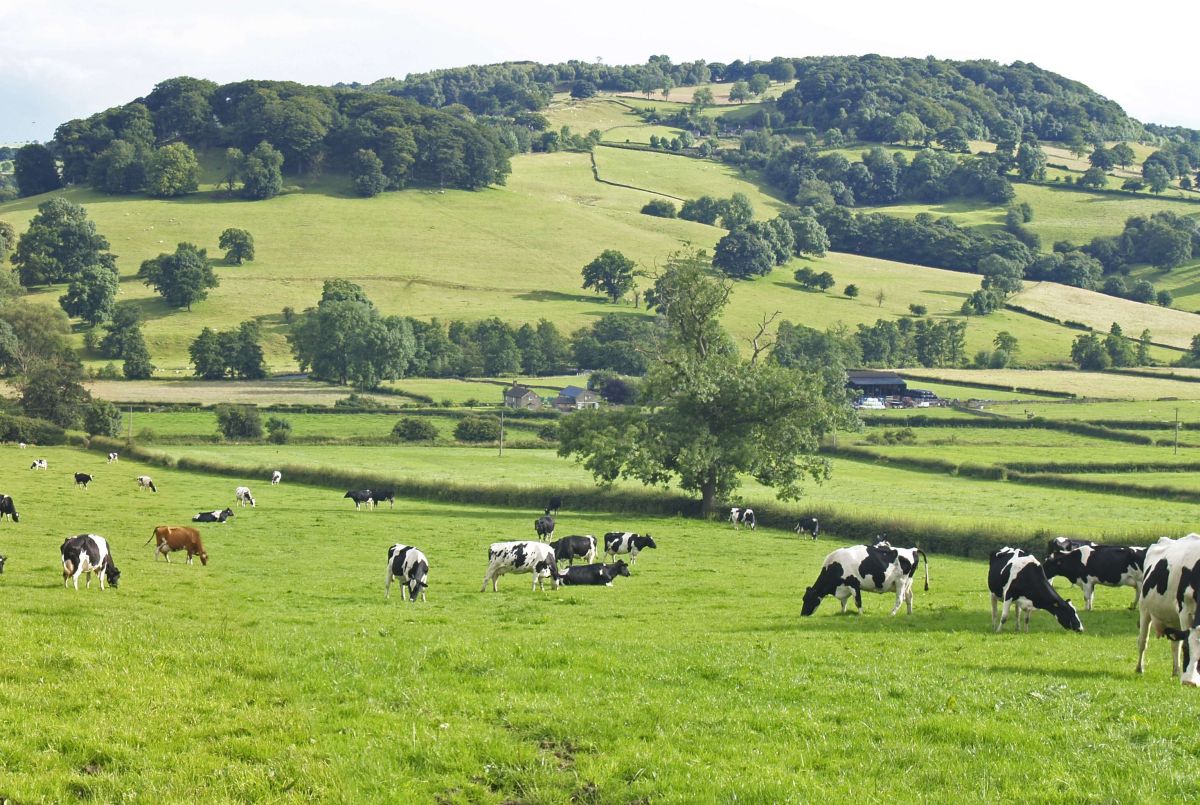
As 2016 draws to a close, thoughts inevitably turn to the year ahead and what it holds. There are few who, at the start of the year, expected to finish 2016 with Britain set to leave the EU and Donald Trump elected as President of the US.
But what does 2017 hold, in particular for those working in the agriculture sector?
The UK200Group is the UK’s leading membership association of independent chartered accountancy and law firms, whose members act as trusted business advisers to over 150,000 SMEs, including over 3,887 farms.
The association’s agriculture industry group brings together expert accountants who work with farmers on a regular basis.
As we start a new year, UK farmers will now start to look at what could face them in 2017. With many possible outcomes affecting Britain as a result of Brexit, there is a lot of uncertainty as to how these will affect agriculture in the coming years.
Brexit
Dylan Jones, Manager of the Farming & Rural Business Team at Cheshire-based Howard Worth said the ‘Brexit boost’ for agriculture caused by the weakening of sterling is predicted to lead to an increase in farm profits this year and next.
He said: “It is estimated that farming income for the 2016 calendar year will be higher than those seen in 2015, and a further improvement is expected for 2017 for many farming sectors.
“Uncertainty about what terms and agreement that Britain will leave the EU in are expected to delay any possible investment from other countries in the EU. Similarly, will they purchase from the UK? This will all depend upon what trade agreements can be established and whether the UK will still be allowed to stay in the free market. It has been suggested that the UK may import more food from developing countries in an attempt to sweeten EU leaders. However, EU leaders don’t want other countries to follow Britain out of the EU so may not look to give UK farmers too good a deal.
There is also concern for farming subsidies, which are paid by the EU, as some of the money put aside for farmers may be diverted to other areas by the government, such as to the NHS.
Mr Jones said: “The prices of wheat and barley are expected to rise over the next year, but farmers are told not to rely on this lasting into the distant future due to current increases mainly being due to a drop in the pound.
“The fluctuations in sterling may have a positive effect on export sales, milk prices and subsidy payments but are likely to have a negative effect in terms of expenses such as feed, fertiliser and fuel costs.”
Milk prices
UK milk prices fell from an average 33.94p per litre February 2014 to an average farmgate price of just under 20p per litre in June 2016.
Mr Jones continued: “There have been signs of recovery since then, and a number of UK milk processors have announced gradual price increases.
“Milk production in the UK has also declined in recent months with September 2016 production (of approximately 1,050 million litres) down by about 100 million litres compared to 12 months earlier.
“As a result, milk prices are expected to continue to rise over the coming year, as processors become short of milk.”
